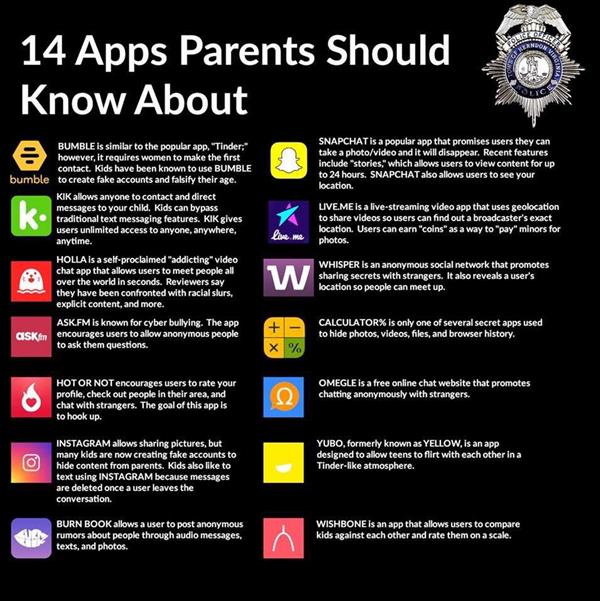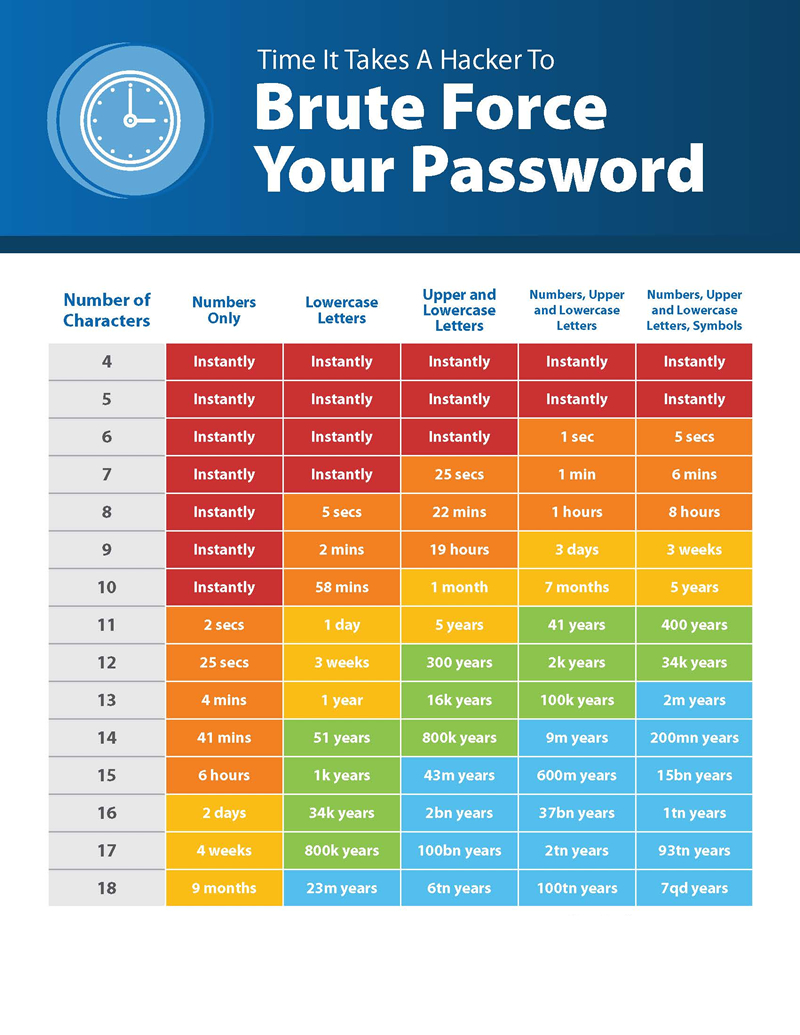INTERNET SAFETY
Internet safety for children has become an increasing area of concern for parents and educators. Access to the Internet provides people from all over the world with an opportunity to communicate and share information with just a few keystrokes and, regrettably, it is not always friendly.
The U.S. Department of Justice, Office for Victims of Crime, reports that the Internet provides a source for repeated, long-term victimization of children that can last for years, and physical contact between a child and a perpetrator does not need to occur for a child to become a victim. Predators establish contact with kids through conversations in public chat rooms, instant messages (IM), email, or discussion boards and blogs. Many teens use online peer-support to deal with their problems, and predators often go to these websites to look for vulnerable victims. Also, innocent pictures/images of children can be digitally transformed into pornographic materials and distributed across the Internet without the victim’s knowledge. Once a child’s picture is displayed on the Internet, it can remain there indefinitely.
The information provided on this website will assist you in your effort to help protect your children from Internet predators. Please review the information, pay attention to the sites your children visit, and talk to your children about how they can keep themselves safe.
Through knowledge, we can ensure the safety and well being of our children.


SAFETY TIPS...
How to protect children from online predators:
Make sure kids use computers in a common area, rather than in their bedroom, so you can supervise them online.
Do not allow kids to establish online profiles. This will keep them from being listed in directories and makes it less likely they will be approached in chatrooms by online predators.
Block instant messages from unknown people.
Monitor how much time and when kids go on the Internet. Too much online time, especially at night, may be a red flag.
Use filtering and blocking software.
A SEXUAL PREDATOR DOESN'T NEED A CROWBAR OR OPEN WINDOW TO GET INTO YOUR CHILD'S ROOM.
The Internet is a great resource for children; however, if not monitored correctly this object of convenience can become an unhealthy and hazardous environment. With such an abundance of information at their fingertips, it is easy for children to unknowingly end up in a pedophile's playground. Online chat rooms, instant messages and message boards are easy ways for sexual predators to hunt their prey.
Never fill out questionnaires or any forms online or give out personal information (such as name, age, address, phone number, school, town, password, schedule) about yourself or anyone else. Make sure your children understand that if he or she gives your phone number to someone online, they can easily find your address and get a map to your house.
Never agree to meet in person with anyone you have spoken to online.
Never enter a chat room without Mom and/or Dad's presence or supervision. Some "kids" you meet in chat rooms may not really be kids; they may be adults with bad intentions. Remember, people may not be who they say they are.
Never tell anyone online where you will be or what you will be doing.
Never respond to or send e-mail to new people you meet online. Remember: It is okay not to answer every e-mail and instant message.
Never go into a new online area that is going to cost additional money without first getting permission from Mom or Dad.
Never send a picture over the Internet or via regular mail to anyone you've met on the Internet.
Never buy or order products online or give out any credit card information online.
Never respond to any belligerent or suggestive contact or anything that makes you feel uncomfortable. End such an experience by logging off and telling your parents as soon as possible.
Always tell someone you know about anything you saw, intentionally or unintentionally, that is upsetting. (It is better for your child's mental health to be able to discuss exposure to pornography than for it to become a dark and confusing secret.)
Be sure to keep computers in common household areas.
Children should have gender-neutral screen names.
Talk to your child about what sites they visit, whom they communicate with.
